In a groundbreaking collaboration, researchers from prestigious institutions including Loughborough University, MIT, and Yale, are steering the future of artificial intelligence towards a novel concept dubbed ‘Collective AI.’ This innovative approach, detailed in a recent publication in Nature Machine Intelligence, centers around Shared Experience Lifelong Learning (ShELL), aiming to foster decentralized AI systems that consist of autonomously functioning agents.
Collective AI operates akin to a hive mind, where each AI unit is capable of continuous learning and sharing insights with the collective, thus breaking away from the traditional centralized AI systems. This model promises enhanced learning speed, superior performance, and remarkable adaptability, much like living organisms.
Dr. Andrea Soltoggio, the lead researcher from Loughborough University, envisions this technology enabling AI units to share knowledge instantaneously across a network, facilitating swift adaptation to new data, challenges, or threats. Drawing parallels with the human immune system, Soltoggio suggests that decentralized AI could revolutionize fields such as disaster response and personalized medicine by leveraging collective intelligence for more effective outcomes.
The study outlines several potential applications for ShELL, including:
- Space Exploration: Enhancing deep space missions with AI capable of autonomous adaptation to unforeseen challenges.
- Personalized Medicine: Utilizing AI for customized healthcare delivery by continuously integrating the latest medical insights with individual patient data.
- Cybersecurity: Developing decentralized systems for a more robust defense against cyber threats through collective learning and knowledge sharing.
- Disaster Response: Coordinating AI agents to optimize disaster relief efforts by tapping into collective intelligence.
- Multi-agent Sensing: Employing swarms of agents for complex tasks like search and rescue operations or military reconnaissance.
This emerging interest in decentralized AI is part of a larger trend towards systems that mimic the resilience and adaptability observed in natural phenomena, such as bird flocks or fish shoals.
Key components of building Collective AI include lifelong machine learning to avoid catastrophic forgetting, federated learning to preserve data privacy, and the utilization of edge computing for efficient, localized data processing.
Despite the exciting prospects, researchers caution against potential pitfalls, such as the spread of erroneous or harmful information within the network. To mitigate such risks, they advocate for a balance between the autonomy of individual AI units and their cooperation within the collective.
As we stand on the brink of this AI revolution, Collective AI holds the promise of transforming how machines learn, interact, and evolve, paving the way for more resilient, adaptable, and intelligent systems.For a deeper dive into the development and implications of Collective AI, refer to the original article by Sam Jeans on DailyAI through this link.

